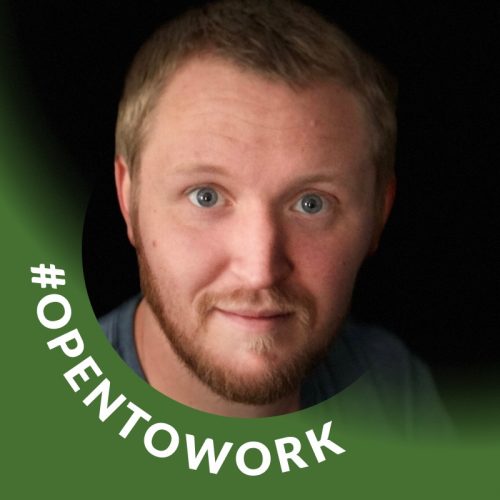Who knows best what’s right for me? Me or You?
DISCERNING THE PROPER BALANCE BETWEEN WHAT IS IMPORTANT FOR A PERSON AND WHAT IS IMPORTANT TO A PERSON | 6 MIN READ
By Dr. Craig Escudé, MD, FAAFP, FAADM
Published by Helen: The Journal of Human Exceptionality Issue No. 5 – October 2022, pg 36
Who knows best what’s right for me? Me or You? The answer is likely both, depending on the situation. If I’m looking for a job that is fulfilling to me, while I might listen to suggestions from others, I’m really the best person to make that decision. If I’m trying to decide if the degree of heart blockage I have is best treated with medications or surgery, I’ll be listening to the cardiologist for that one, for sure. Abilities and support for decision-making of people differ immensely, and with that comes varying capacities to make what most might consider “good” choices in life. Person-centered support is about helping discern the proper balance between what is important FOR a person and what is important TO a person.
For people with IDD who are receiving supports and services, at least in my experience, the type of support provided is usually more heavily weighted on what is important FOR the person, leaving less room for the person to be able to make decisions and choices in their own lives that are important TO them that will help them lead more fulfilling lives. It’s often easy to understand why, especially in the name of keeping people safe. But an interesting finding published by the Council on Quality and Leadership in 2019 showed that when people have more meaningful work and activity choices in their lives, the number of “challenging behaviors” goes down by a whopping 74 percent. When we have the ability and choice to do things that are important TO each of us, we are more likely to be content with our lives and less likely to be agitated by having to do mostly what others think is right for us. It just makes sense.

Examples of things that we might consider to be “Important FOR” someone include: not smoking, eating healthy, exercising, finding gainful employment, safe driving skills, regular health check-ups, and the like.
Examples of things that fit into the “Important TO” a person category include: choices relating to what they like to eat, where they want to work, what friends they enjoy the company of, what hobbies they prefer, and even the color their room is painted.
Sometimes there are choices that are made that may be important TO someone that are clearly not best FOR them. Smoking, excessive alcohol use, and never exercising are a few examples of these. But many people, with or without disabilities, make choices that are not always best FOR them.
How do we balance supporting people with IDD to do what is good FOR them while supporting their right to make choices for themselves that may not be best FOR them?
Guess what? If this has been a struggle for you as a parent, family member, or employed supporter of a person with IDD, there are actual skills you can learn to help give a person positive control over their lives while assisting them in maintaining a safe lifestyle.
By participating in formal person-centered thinking training, people can learn skills to help them balance safety with choice, protection with freedom, and security with autonomy when supporting people with IDD. Even for people who might communicate in ways other than using words, there are Person-Centered Thinking skillsets that can be learned that can help supporters identify what brings someone joy in their life.
![]()
Skills such as…
- Good Day/Bad Day and the Rituals and Routines help one discover what brings meaning to a person’s life in a way that works much better than just making a simple list.
- The Donut skill helps one to maintain focus, clarify expectations, and establish boundaries.
- The Relationship Map skill helps to identify what relationships are of the most value to a person.
- The Learning Log skill helps keep track of data whenever a person has a new experience.
- And the 4+1 is a person-centered skill that captures four key pieces of information to guide a positive next step when helping a person problem-solve.
Person-Centered Thinking skills help those who provide support understand their roles and responsibilities to keep people moving in a direction that is more autonomous and important TO them without sacrificing what is important FOR them, like safety, security, and health.
Visit our Person-Centered Thinking Training Schedule webpage to learn more about person-centered thinking and find a class that fits your schedule. It might be just the thing needed to bring balance to life for both people with IDD and those who support them.

 THREE BASIC CONSIDERATIONS FOR MAINTAINING A COMPETENT AND DIVERSE WORKFORCE | 4 MIN READ
THREE BASIC CONSIDERATIONS FOR MAINTAINING A COMPETENT AND DIVERSE WORKFORCE | 4 MIN READ

